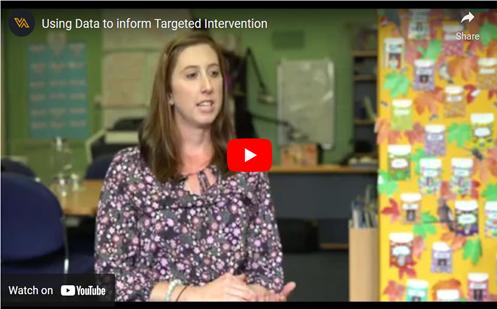Targeted teaching
Overview
Similar to differentiated teaching, targeted teaching involves the use of assessment data to target interventions to small groups or individual students. Once students have been taught a concept or skill, it is assessed. Students who demonstrate that they have not yet mastered the skill or concept are given specific supplementary teaching in these areas.
These groups need to be flexible and timely, as they rely on and respond to the assessment data for the specific topic or skill. Students will only be given the targeted teaching if and when they need it.
The teacher:
- uses formative and summative assessment and other diagnostics to identify the students struggling with a particular concept or skill
- uses ad hoc and flexible grouping to address those students who are having difficulty with a particular concept or skill
- monitors individual student progress
- offers targeted feedback to enable each student to move forward
- creates a classroom culture where students feel comfortable working in a small group when they need additional support.
The students:
- know they are being assessed individually, not against other students
- feel supported in their learning
- are able to master a skill or concept before moving on
- feel comfortable working in a small group when they need additional support.
Example of the strategy in action

Use data to inform targeted intervention
In this example, a school explains how they have used Response to Intervention (RTI) to target teaching, in order to ensure all students move forward in their learning.
